Members, Ladies and Gentlemen, Good Afternoon.
On behalf of the Buddhist Association of Canada, I would like to discuss “Buddhist Education and its Role in Promoting Peace.”
In a world often marked by conflict and misunderstanding, the teachings of Buddhism offer profound insights for fostering harmony and spiritual well-being.

From a global perspective, Buddhist education is increasingly recognized as a vital tool for social harmony.
It emphasizes compassion, mindfulness, and the interconnectedness of all beings—principles that resonate deeply in our perse communities today.
In Canada, the Buddhist Association has made significant steps to promote Buddhist education, particularly through our recent collaboration with Emmanuel College at Victoria University, University of Toronto.
Earlier this month, we established the “Wutai Shan Venerable Dayi Professorship in Buddhist Spiritual Care.” This marks Canada’s first endowed professorship in this field.
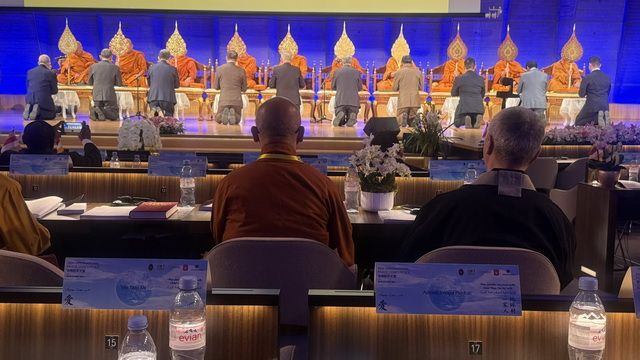
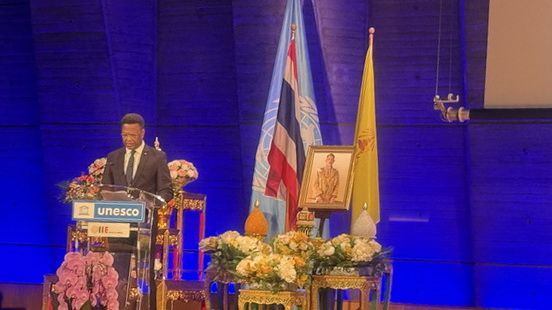
Named after the Wutai Shan Buddhist Garden in Canada, a 535-acre Buddhist Garden that has recently opened to the public, this professorship addresses the spiritual needs of our evolving society and fills a critical gap in spiritual care education.
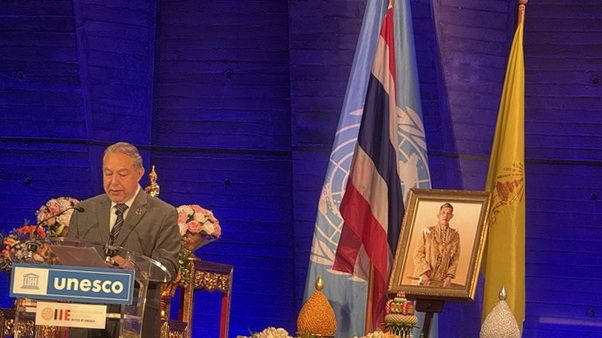
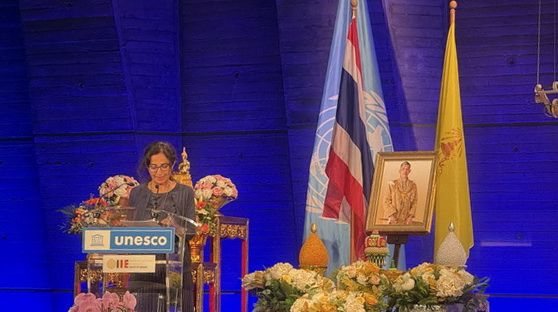
Moreover, we are thrilled to announce the launch of the Buddhist College of Canada, featuring the “Compassion Canopy Buddhist Studies program” in partnership with Emmanuel College at the University of Toronto.
This initiative creates a unique platform for both monastics and laities to deepen their understanding of Buddhism.
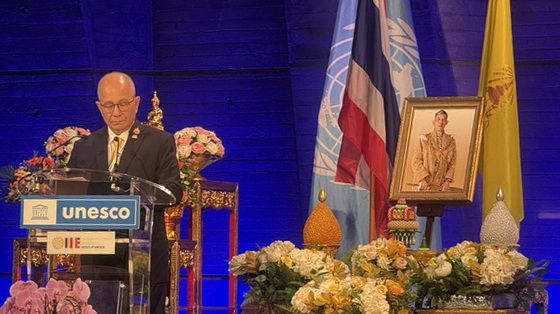
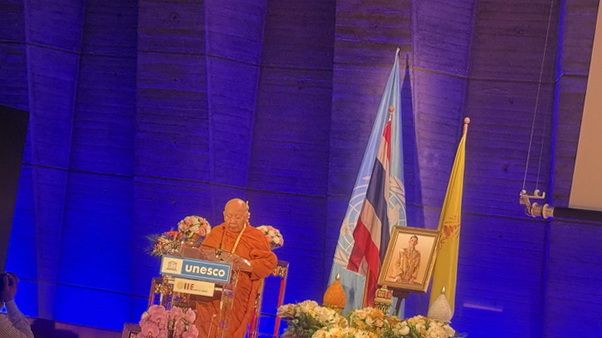
It has attracted highly educated professionals from all walks, eager to explore Buddhist doctrines and therapeutic practices, to promote peace and well-being.
These educational initiatives offer significant advantages. They foster emotional resilience through doctrinal studies, mindfulness training, and therapeutic practices, which are increasingly valued in Western society.
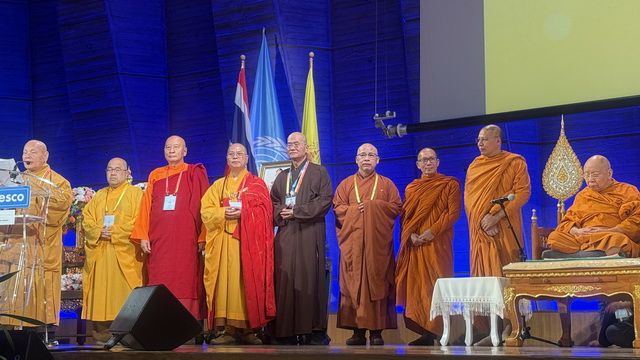
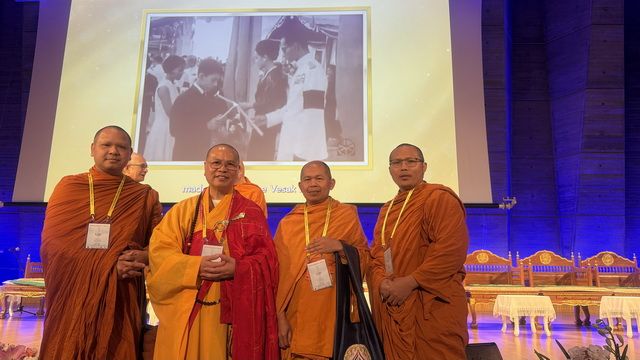
They also promote sustainable living and social responsibility, encouraging inpiduals to contribute positively to their communities.
In times of social pision, these teachings can serve as a bridge toward understanding and unity.
However, we must acknowledge that gaps still exist in Buddhist education. There is a lack of comprehensive resources and accredited programs that are tailored to Western thinking and lifestyles, leaving some regions underserved.
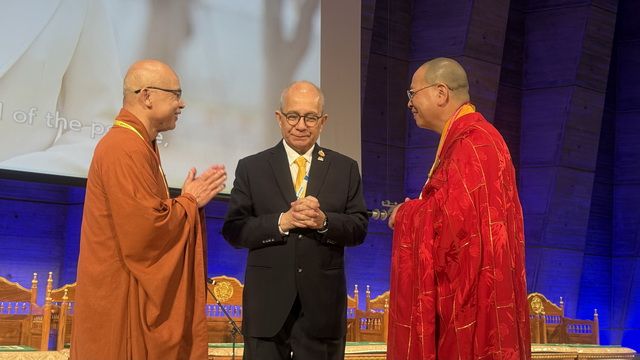
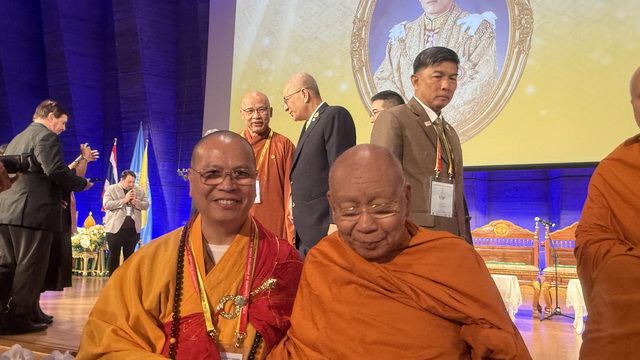
Additionally, we need more interdisciplinary approaches that integrate Buddhist principles with modern science and mental well-being, enabling us to address contemporary challenges in a holistic manner.
The promotion of Buddhist Spiritual Care exemplifies our commitment to inclusive care practices and spiritual education, aligning with our Association’s vision for the future development of Buddhism in Western communities.
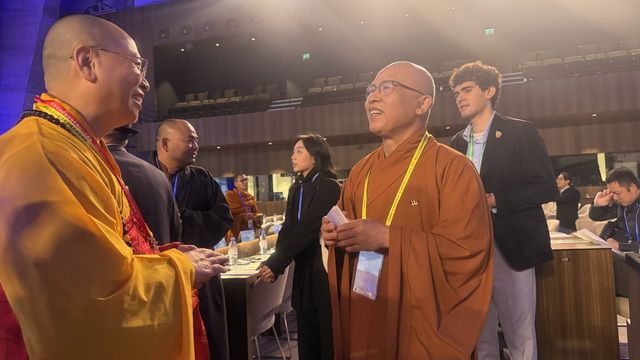
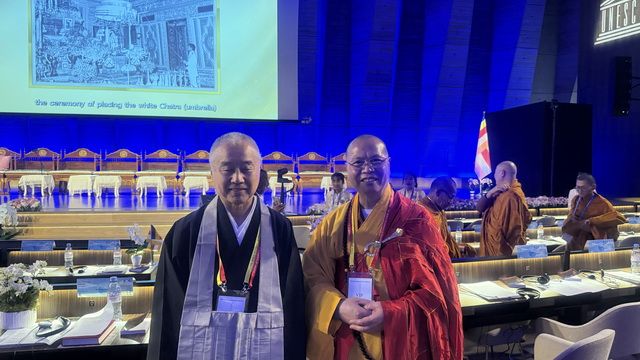
Our commitment to promoting peace extends beyond academic initiatives. We have established extensive relationships with various Canadian communities, offering educational programs for police departments, correctional facilities, and a wide range of schools—from theological institutes to local high schools.
Each year, we welcome thousands of students and officers, sharing the principles of Buddhist culture and practice.
Our approach includes accessible activities such as meditation, children’s classes on religious and cultural development, vegetarianism, and interfaith dialogue.
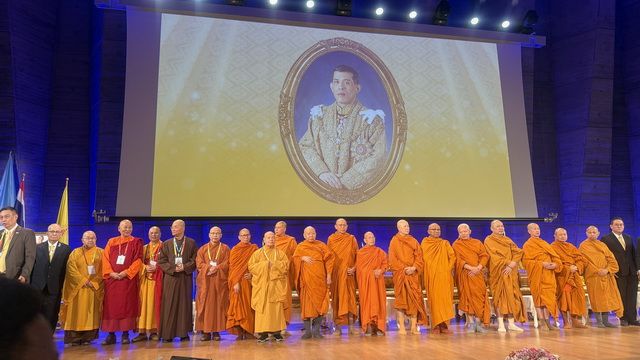
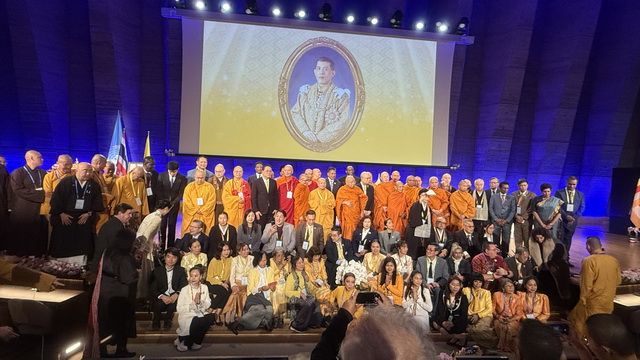
These initiatives cultivate a deeper understanding of Buddhist teachings, fostering compassion and mindfulness in participants, and bridging gaps between perse backgrounds.
In conclusion, Buddhist education plays a vital role in promoting peace through both academic endeavors and community engagement. We would like to thank UNESCO and WFB for providing this platform for discussion.
May we work together in this essential journey toward a more peaceful and harmonious world.
Thank you.

